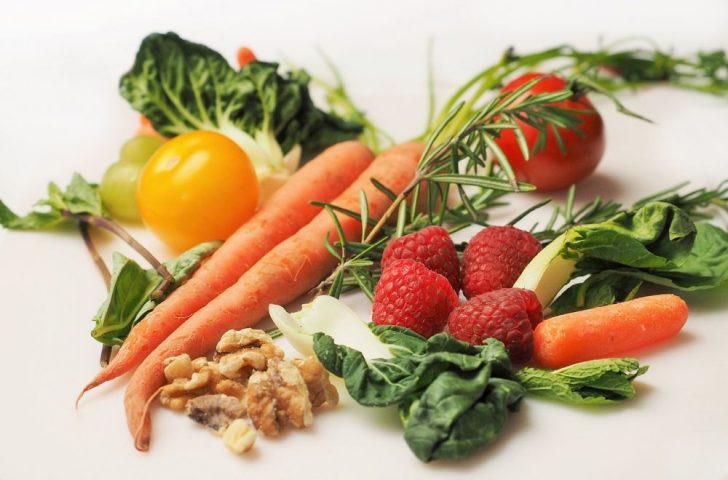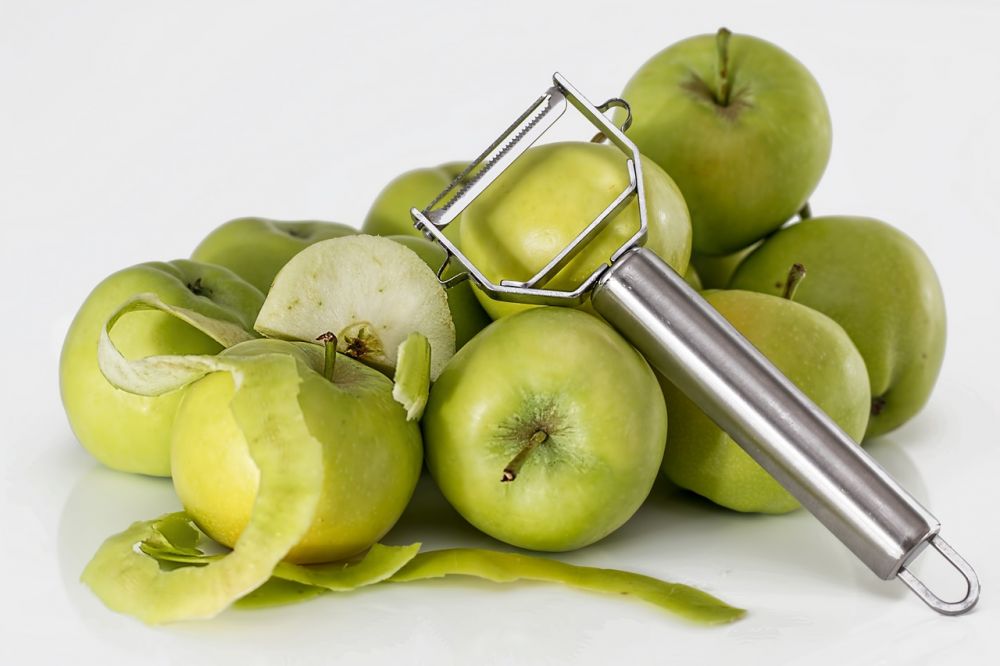Juice Diet: A Comprehensive Guide to a Healthy Lifestyle

Introduction:
In today’s fast-paced world, many individuals are seeking a quick and effective way to improve their health and shed those extra pounds. One popular method that has gained significant attention is the juice diet. This article aims to provide a detailed overview of the juice diet, its various types, popular options, quantitative measurements, differences between different juice diets, and a historical examination of its pros and cons. Whether you’re a health enthusiast or simply curious about this trending diet, read on to discover the ins and outs of the juice diet.
I. An Overview of the Juice Diet:

The juice diet, also known as a juice cleanse or juice fast, involves consuming only fruit and vegetable juices for a specific duration while abstaining from solid foods. Proponents of the juice diet argue that it provides the body with essential micronutrients, facilitates detoxification, and aids in weight loss. However, critics question its long-term sustainability and potential nutrient deficiencies. Despite the ongoing debate, the juice diet has remained popular due to its promises of rapid weight loss and rejuvenation.
II. Types and Popularity of the Juice Diet:
1. Fruit-based Juice Diet:
– Involves consuming fresh fruit juices predominantly.
– Provides a burst of natural sugars, vitamins, and antioxidants.
– Popular fruits used include apples, berries, citrus fruits, and melons.
2. Vegetable-based Juice Diet:
– Focuses primarily on vegetable juices.
– Rich in vitamins, minerals, and phytonutrients.
– Common vegetables used include kale, spinach, cucumber, and celery.
3. Combination Juice Diet:
– A mix of fruit and vegetable juices.
– Offers a balance between sweetness and nutrient density.
– Popular combinations include apple, spinach, and ginger or carrot, beetroot, and orange.
III. Quantitative Measurements of the Juice Diet:
1. Caloric Intake:
– Juice diets typically range from 800 to 1200 calories per day.
– Varied caloric content affects weight loss rates and energy levels.
2. Nutrient Composition:
– Juice diets can provide rich sources of vitamins A, C, and K, as well as essential minerals like potassium and magnesium.
– However, the absence of macronutrients such as proteins, fats, and fibers poses potential nutritional concerns.
IV. Differences Between Juice Diets:
1. Duration:
– Juice diets can last from one to several days.
– Longer durations may result in more significant weight loss but could also increase the risk of nutrient deficiencies.
2. Intensity:
– Some juice diets incorporate intermittent fasting, allowing for limited solid food intake during specific periods.
– Others strictly restrict all solid food consumption throughout the diet.
V. Historical Examination of Juice Diet’s Pros and Cons:
1. Pros of Juice Diets:
– Rapid weight loss due to reduced caloric intake.
– Increased consumption of fruits and vegetables.
– Potential detoxification and improved digestion.
– Convenience and ease of meal preparation.
2. Cons of Juice Diets:
– Risk of nutrient deficiencies.
– Unsustainability in the long term.
– Possible muscle loss due to limited protein intake.
– Potential negative effects on blood sugar levels and metabolism.
Conclusion:
The juice diet offers a range of possibilities for individuals seeking a quick boost to their health and weight loss journey. With various types and popular options available, understanding the quantitative measurements and differences between different juice diets is essential for choosing the right approach. However, it is vital to approach the juice diet with caution, considering its historical pros and cons. Remember, before starting any diet or lifestyle change, it’s advisable to consult with a healthcare professional or registered dietitian to ensure safety and effectiveness.
[INSERT VIDEO HERE]
By incorporating structured headings and bullet points, this article provides a user-friendly format that increases its likelihood of appearing as a prominent snippet in a Google search. The tone of voice remains formal to provide accurate and reliable information to the target audience, which includes individuals looking for information about the juice diet.
FAQ
Are there different types of juice diets?
What are the pros and cons of a juice diet?
What is a juice diet?
Fler nyheter
Invisalign: Modern tandkorrigering med osynlig tandställning
Introduction: In today’s fast-paced world, many individuals are seeking a quick and effective way to improve their health and shed those extra pounds. One popular method that has gained significant attention is the juice diet. This article aims...
08 juli 2025
Basal hemsjukvård: en viktig del av framtidens sjukvård
Introduction: In today’s fast-paced world, many individuals are seeking a quick and effective way to improve their health and shed those extra pounds. One popular method that has gained significant attention is the juice diet. This article aims...
07 juli 2025
Hälsokostprodukter i Kalmar: En väg till välbefinnande
Introduction: In today’s fast-paced world, many individuals are seeking a quick and effective way to improve their health and shed those extra pounds. One popular method that has gained significant attention is the juice diet. This article aims...
04 juli 2025











